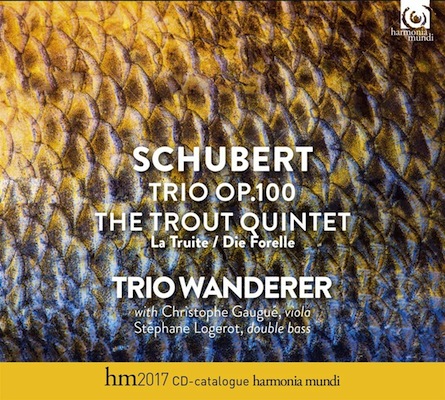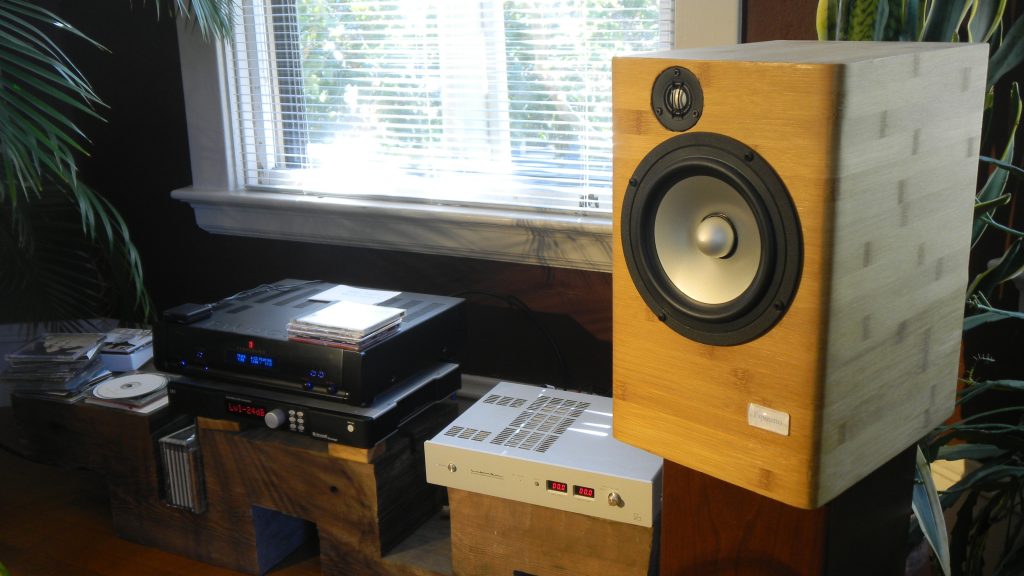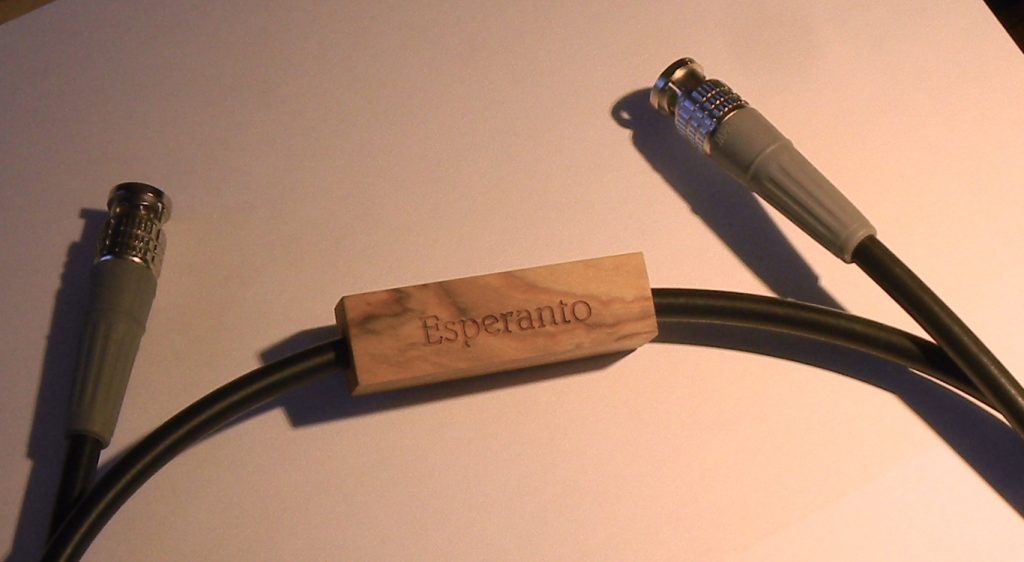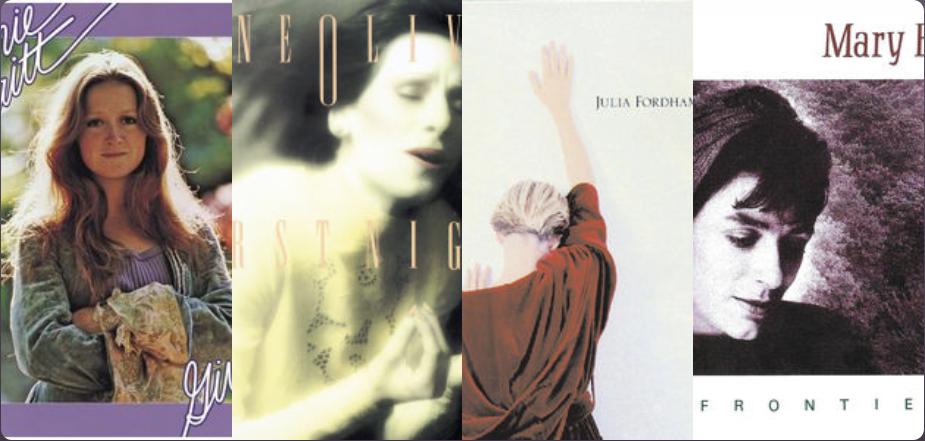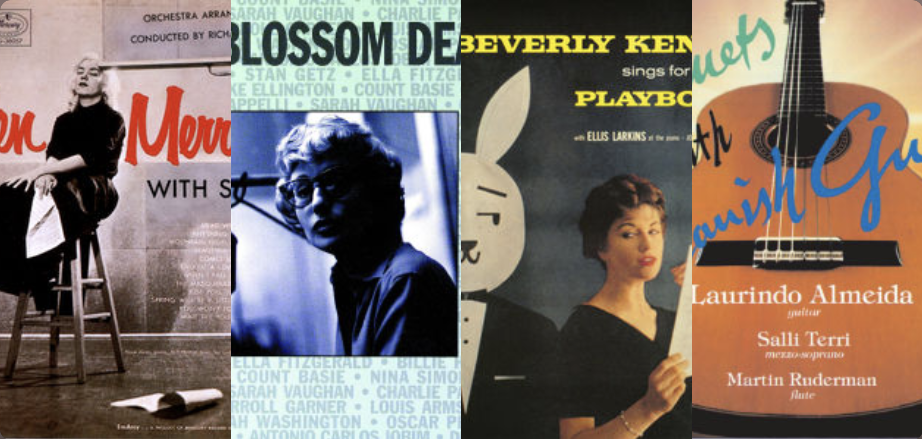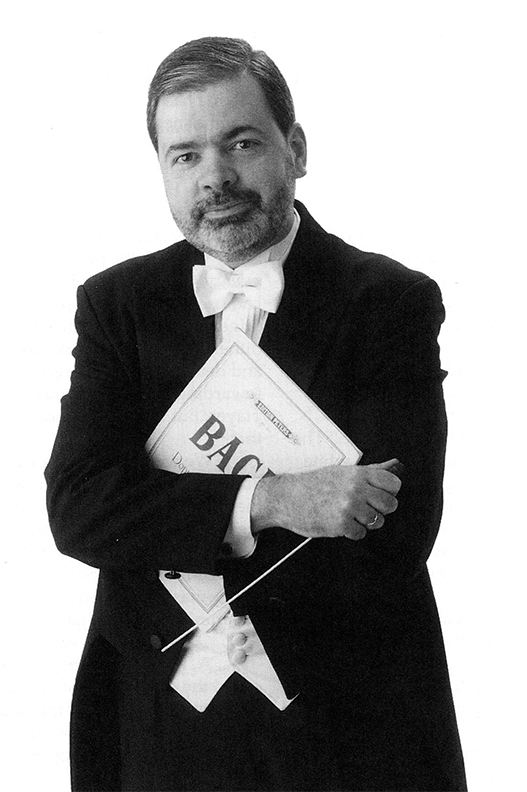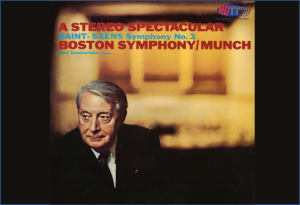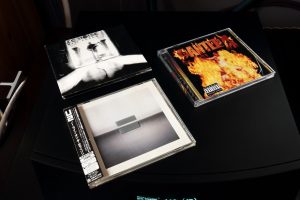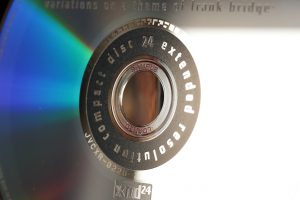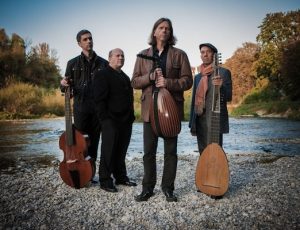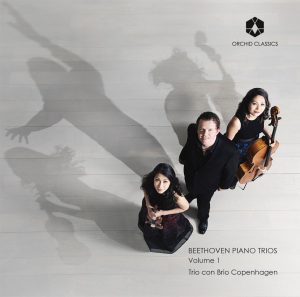If you're wondering why I enjoy having John Marks' erudite commentary (editor of The Tannhauser Gate) here at PF so much, puzzle no more, my friend! His latest essay is full of delights for music fans, and also for those who admire the work of Stanley Kubrick.
Read and learn!
Dr. David W. Robinson, Ye Olde Editor
Trio Wanderer: Franz Schubert, Trio, op. 100, D. 929; "Trout" Quintet, op. 114, D. 667 (Vincent Coq, piano; Jean-Marc Phillips-Varjabédian, violin; and Raphael Pidoux, cello. With Cristophe Gaugué, viola and Stéphane Logerot, double bass in op. 114) CD Harmonia Mundi HMX 2908748.Streaming of these performances from the original CD releases is available from Tidal.
Trio op. 100 recorded at The Arsenal, Metz, July, 2000; quintet recorded at IRCAM Paris, June 2002. Jean-Martial Golaz, producer and engineer.
Poor Alex North. Stanley Kubrick hired him to compose a score for 2001: A Space Odyssey. However, when it came time to give the movie its première, to his embarrassed chagrin (he actually was sitting in the audience) North discovered that Kubrick had decided to ditch North's score and stick with his own cut-and-pasted "guide" score.
Kubrick had assembled his "guide" score from a wildly disparate selection of pieces or movements—from Ligeti to Richard Strauss to Johann Strauss II to Khachaturian, and then back to Ligeti. So North, at the time a rather successful film composer whose credits included A Streetcar Named Desire, The Misfits, and Spartacus, was left holding the bag in public, at least in terms of professional reputation (and almost doubtless in various financial senses). Reportedly, Kubrick was so difficult for North to work with that North supervised the recording sessions for his score while lying in a hospital bed brought in for the purpose, because of stress-induced muscle spasms in his back.
I don't think the same thing could have happened with Kubrick's under-rated Thackeray adaptation Barry Lyndon. After the surprising success of 2001: A Space Odyssey‘s soundtrack LP, I think Kubrick always would again decide to pick his own music—and brook no opposition. And because Barry Lyndon is a costume drama set in the mid-18th century, it is likely Kubrick did not get any pushback from studio executives about using classical (and some folk) music. For Barry Lyndon, Kubrick chose music from Irish traditional-music greats The Chieftans; and from Schubert, Bach, Handel, Mozart, Frederick the Great, Vivaldi, and Paisiello.
As I have written before, I think that the climactic third and final duel scene in Barry Lyndon inspired Ridley Scott's penultimate scene ("Tears in Rain") in the original Blade Runner film. Not incidentally, the final duel in the film Barry Lyndon was entirely Kubrick's own invention; it does not appear in Thackeray's novel.
A Trio Wanderer Schubert Trio op. 100 slow-movement live performance video, and more commentary, is below.
I have always found it grimly amusing that perhaps the most famous performance of the opening ("Sunrise") of Richard Strauss' tone poem Also Sprach Zarathustra, the one used in the actual film (but not in the soundtrack recording), had to have its organ-pedal notes dubbed in during post-production. To quote myself from my Stereophile magazine column "The Fifth Element," No. 79 (June, 2013):
By the way, according to John Culshaw's autobiography, although English Decca licensed out the performance used in Kubrick's soundtrack, they were unwilling to have their flagship conductor Herbert von Karajan publicly associated with a weird, iffy sci-fi movie. That led to the curious circumstance that 2001‘s end credits listed no orchestra or conductor for the main-title music. The official soundtrack LP was released with Karl Böhm's recording of "Sunrise" with the Berlin Philharmonic substituting sub rosa for von Karajan's 1959 effort with the Vienna Philharmonic.
I think that, in at least one way, it's unfortunate that Karajan's Vienna Philharmonic recording has become a, if not the, de-facto reference. That's because the Vienna Philharmonic recorded in a hall that lacked a pipe organ. Therefore, the organ part was recorded in a nearby church and later dubbed in—less than successfully, I've always thought. Indeed, most ASZ recordings I've heard have come up short in the pipe-organ department. (I feel the same way about most recordings of Brahms's Ein deutsches Requiem.)
To restate that: When you watch the film, you are hearing von Karajan's 1959 recording with the Vienna Philharmonic and a dubbed-in pipe organ recorded elsewhere. When you listen to the originally-released "original" soundtrack recording, you are hearing Karl Böhm conducting the Berlin Philharmonic.
Strangely enough, Decca's reported disinclination to associate von Karajan publicly with what (for all they knew) might have been a cheesy endeavor was not shared by DG, because the original soundtrack album credits von Karajan and the Berlin orchestra for the "Blue Danube" waltz. Curious. In any event, a more recent deluxe CD version of the 2001: ASO soundtrack uses the von Karajan/Vienna Also Sprach as Track 2 (Track 1 being Ligeti's orchestral piece Atmosphères, which was used as an Overture, or, as I would have it, seat-finding music), while relegating the Böhm/Berlin ASZ to the "extras."
For use as the main title and the end title of Barry Lyndon, Kubric ordered up an orchestral treatment of the Sarabande movement of Handel's D-minor keyboard suite; work for which Leonard Rosenman was awarded the Academy Award for "Best Musical Score." That was an inspired choice. The combination of the keyboard suite's "serious" key of D minor and "weighty" 3/2 time signature, when beefed up with orchestral strings and tympani, powerfully telegraphs that the story, for all its flirtations with grandeur, will not end happily.
That said, I think that the real revelation in Kubrick's Barry Lyndon soundtrack was the inclusion of an adaptation of the slow movement from Schubert's op. 100 E-flat piano trio. (If you can believe it, years ago I was in a music-industry business meeting that included a chap who believed that a piano trio called for the rental and tuning of three pianos. Not quite. A piano trio of piano, violin, and cello is called that in order to distinguish it from the string trio of violin, viola, and cello.)
Back to Schubert. The opus 100 trio was one of the few of Schubert's works to receive a public performance, as distinct from a family-and-friends musicale setting. The opus 100 trio was also the only one of Schubert's works to be printed before his death (November 19, 1828).
Op. 100's slow movement is at once poignant, noble, and resigned. The songlike melody reportedly was inspired by Schubert's encounter with a Swedish folksinger; the string pizzicati are often considered to be tone paintings of a brokenhearted lover's strumming a guitar (an instrument the usually-impecunious Schubert did own).
Schubert's genius is such that he is able to summon such emotional responses from what is basically a slow 2/4 march with a skip (in the red box) in it:
For me, the single most gratifying thing about Schubert's op. 100 is the way he recalls the songlike theme and march tempo of the slow movement when it is by that time least-expected "old news": at the point in the last movement where one might otherwise expect the development to begin. I can only wonder whether, when Brahms pulled the same sleight-of-hand at the end of his first violin sonata, he was aware of Schubert's E-flat trio.
The CD in question is a reissue that combines Trio Wanderer's op. 100 trio and the "Trout" quintet (Cristophe Gaugué, viola and Stéphane Logerot, double bass), which were previously released on separate CDs. The CD is packaged with a Harmonia Mundi print catalog, and is bargain-priced at $8.49 (amazon). In my opinion, buying it is a total no-brainer. By the way, the "Trout" quintet is called that because it consists mostly of variations on a Schubert song called "The Trout."
Those familiar with my writing in Stereophile magazine may recall my admonishing SACD fans to "vote with their wallets" and support labels that continue to release SACDs (after Sony jumped from its own ship) by, you know, actually buying SACDs.
I think that hour has now come for physical media in general, especially POCDs (plain old CDs). Harmonia Mundi is meeting CD fans more than halfway here. Go for it!
The members of the Trio Wanderer must feel a strong affinity for the music of Schubert, given that wandering and The Wanderer are recurrent themes in Schubert's body of work. There are many fine performances of both these works—Arkivmusic lists 100 different recordings of the "Trout" and 78 for the op. 100 trio (but please bear in mind that there is usually and unavoidably some amount of duplication between single issues, reissues, and boxed sets that inflates such totals).
What strikes me as noteworthy about Trio Wanderer's disc is their straightforward and unsentimental approach that nonetheless never lacks for genuine feeling, and also that the performances convey the depth and dynamics of Schubert's ensemble writing. The performances move along smartly, while never neglecting the beauty of the melodies. As one would expect from Harmonia Mundi, excellent liner notes and wonderful recorded sound.
Here's their live op. 100 slow movement YouTube:
Which has racked up almost 4 million views… .
I can only wonder how many of those hits are a "Barry-Lyndon Effect." In the same way, I truly doubt that "Sunrise" from Richard Strauss' meditation on Nietzsche would be in the repertory of nearly every marching band in the world but for 2001: A Space Odyssey; so I am led to believe that some of that is going on here.
And here's an excerpt from the middle of the final movement of the Wanderers' "Trout" quintet:
"Trout" Quintet, op. 114, D. 667, final movement:
The two Schubert chamber-music masterpieces on this compilation are necessities for cultural literacy, and should be in the collection of every music lover.
Well Done and Highly Recommended.




